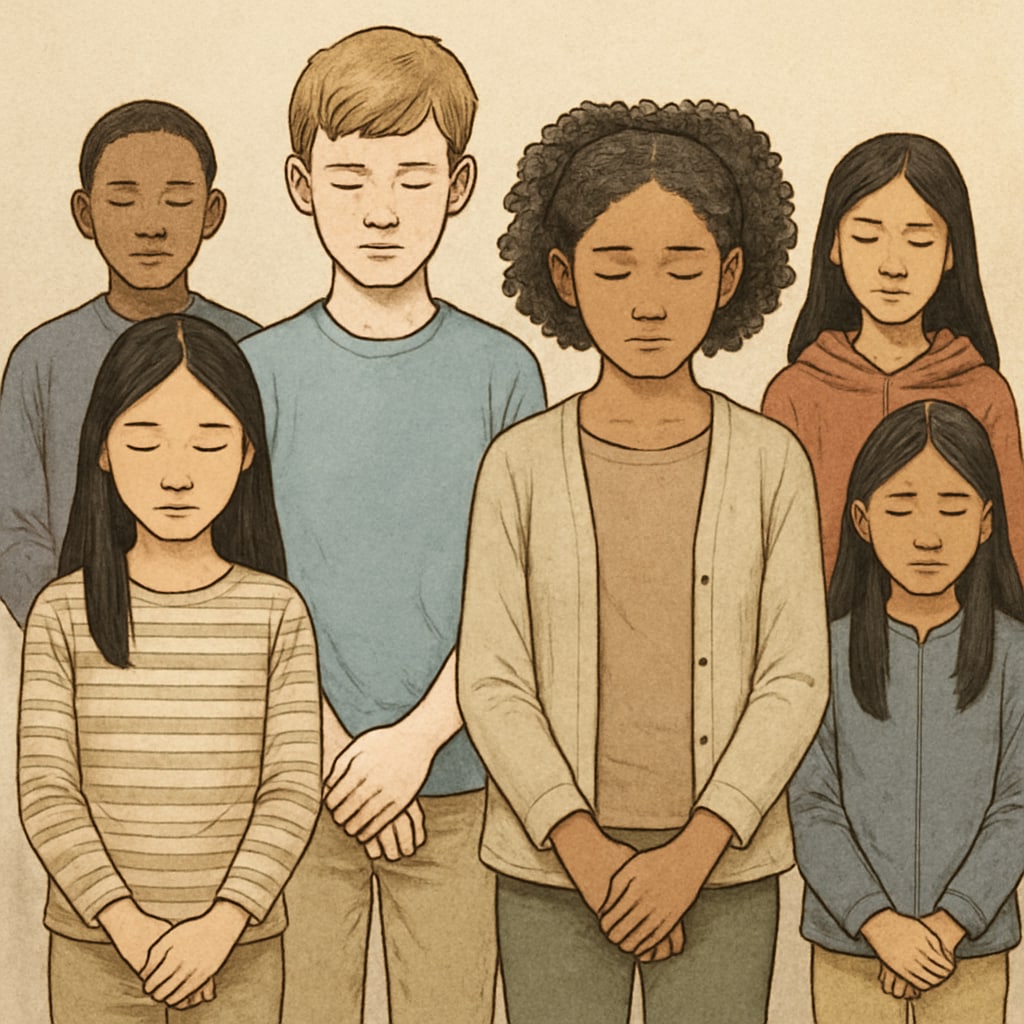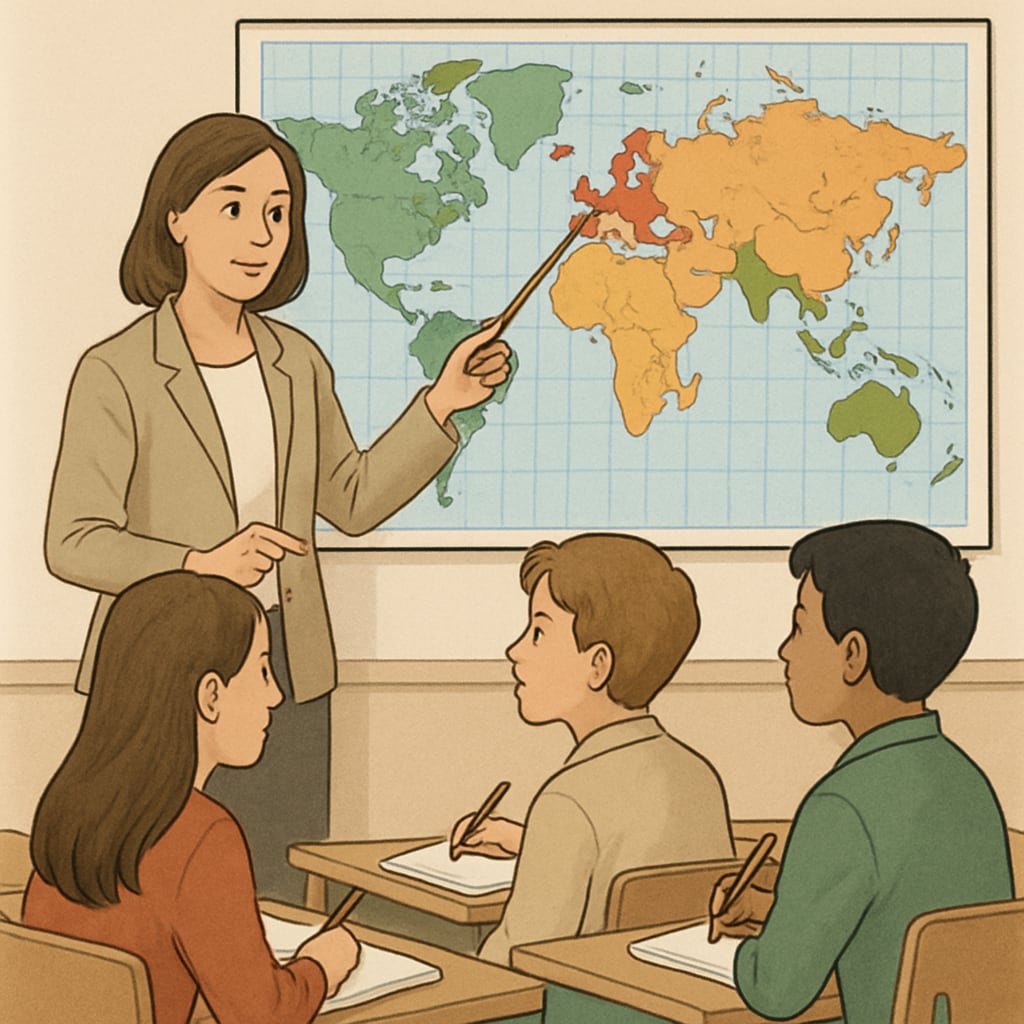The “Gaza silence, generalization, controversy avoidance” phenomenon in schools reveals a growing tension between educational responsibility and political sensitivity. When institutions transform specific commemorations for Gaza victims into generic war memorials, they engage in what sociologists call “de-politicization through universalization.”

The Educational Dilemma Behind Generalization
Schools face three core challenges when addressing conflicts like Gaza:
- Parental polarization: As noted in Brookings research, 68% of teachers avoid sensitive topics due to community pressure
- Developmental appropriateness: Younger students lack context for complex geopolitical issues
- Legal constraints: Many districts prohibit perceived political endorsements

Alternative Approaches to Conflict Education
Rather than avoiding specificity, some schools employ:
- Contextual framing: Explaining conflicts through humanitarian principles
- Dual-perspective models: Presenting multiple viewpoints as suggested by UNICEF’s education guidelines
- Action-oriented learning: Channeling remembrance into peacebuilding projects
This balanced approach maintains educational integrity while respecting diverse perspectives. Schools become spaces for thoughtful engagement rather than controversy avoidance.


